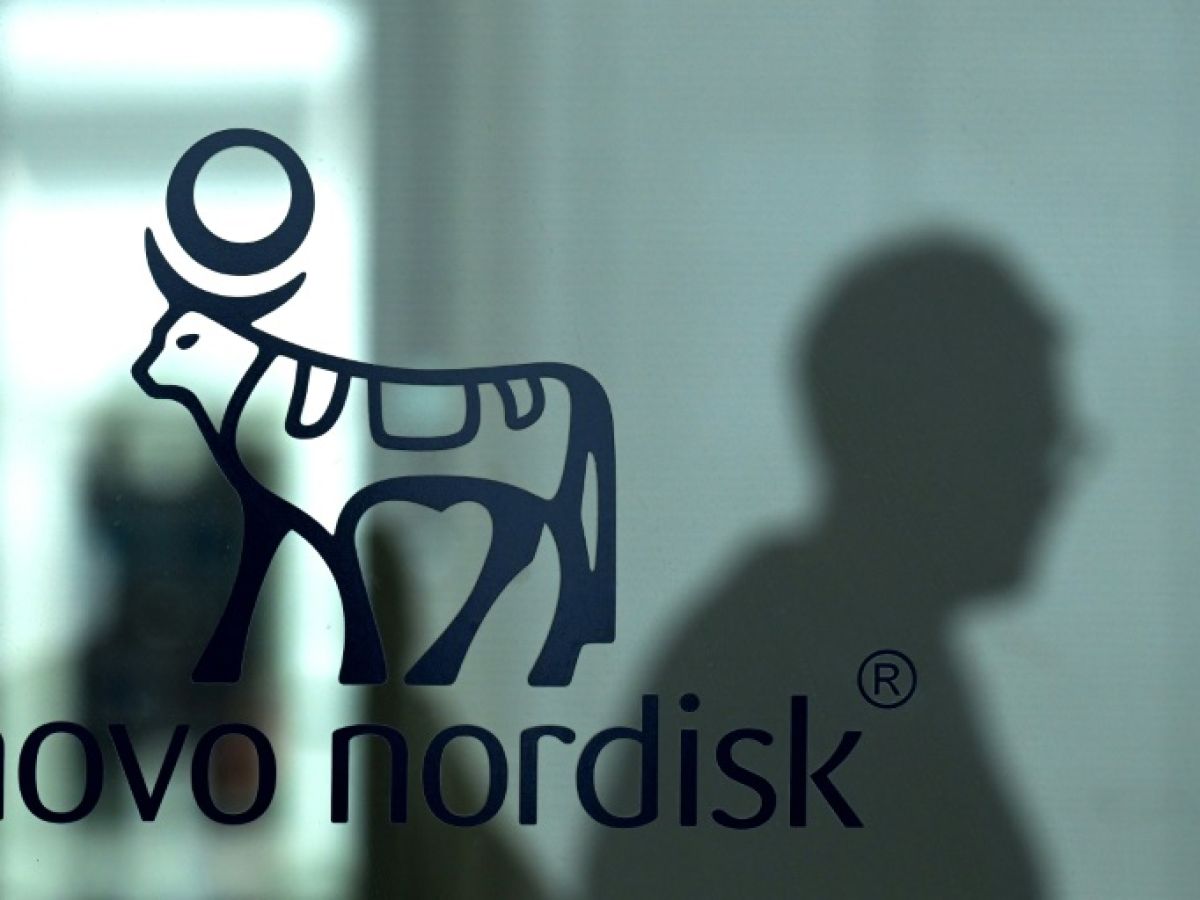The Danish laboratory Novo Nordisk, which markets the anti-obesity drug Wegovy, has committed to continue providing this drug free of charge to the 3,000 patients currently being treated in France, the Ministry of Health and the pharmaceutical group announced on Monday, February 3, 2025. This continued support is running "until December 31, 2025 at the latest, pending price negotiation to allow for reimbursement under common law" Wegovy (semaglutide), the two parties specify.
"Continuity of treatment"
Used in the treatment of overweight and obesity, Wegovy is a GLP-1 analog (aGLP-1), a class of drugs that mimics an intestinal hormone and stimulates insulin secretion, producing a feeling of satiety. It has been marketed in France since October 2024 without reimbursement, and its price is freely set. However, thanks to the early access program created in July 2022, several thousand patients had access to Wegovy before it was launched on the French market.
It is currently provided free of charge by Novo Nordisk to 3,000 patients in "continuity of treatment"The laboratory, world champion of insulin, indicated in a message to AFP that it was continuing "discussions to enable wider access to Wegovy to provide a solution to a greater number of patients". "Following the scientific re-evaluation of the drug by the French National Authority for Health (HAS) in December 2024, the laboratory now wishes to open new price negotiations with the CEPS (Editor's note: Economic Committee for Health Products) with the aim of registering for reimbursement.", details the Ministry of Health in its press release.
The HAS concluded in early December with a positive opinion on reimbursement only for adults with marked obesity and only after a change in diet alone was not sufficient for weight loss. Obesity now affects more than a billion people worldwide, according to a study published in March in the British medical journal The LancetObesity increases the risk of metabolic, cardiovascular, osteoarticular complications, cancers and psychological disorders.


